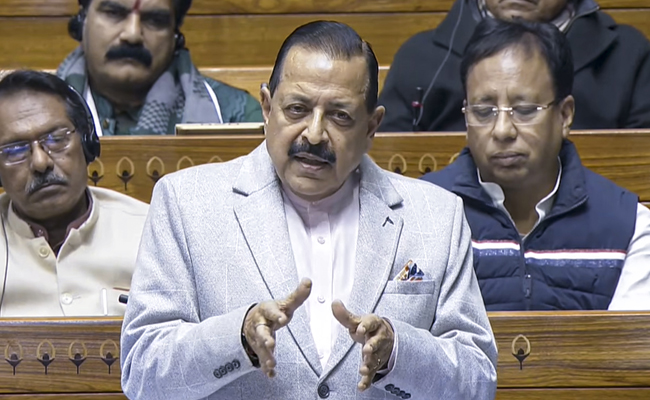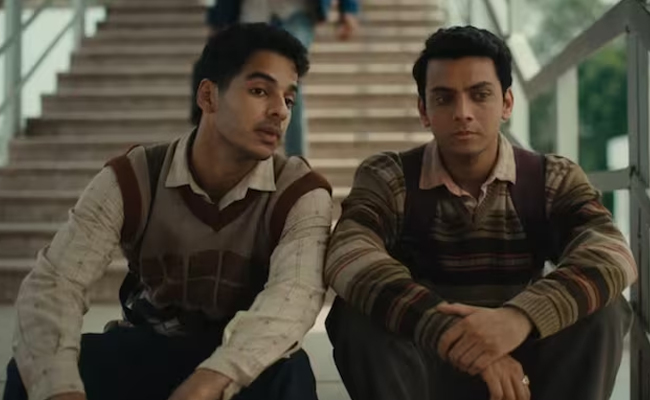New Delhi: More than 85 percent of India's billionaire wealth is concentrated among upper caste communities, showcasing the pervasive influence of caste on economic status. According to additional data shared with Business Standard by researchers from the World Inequality Lab, upper castes held 88.4 percent of billionaire wealth in 2022, compared to 2.6 percent held by people from scheduled castes (SCs).
Other backward classes (OBCs) accounted for 9 percent of billionaire wealth, while there were no billionaires from scheduled tribes (STs). The data, derived from the study "Towards Tax Justice and Wealth Redistribution in India: Proposals Based On Latest Inequality Estimates”, involved manual coding and the 'Outkast' algorithm to determine the caste composition of billionaires.
The study, authored by Nitin Kumar Bharti (New York University), Lucas Chancel (Harvard Kennedy School), Thomas Piketty, and Anmol Somanchi (Paris School of Economics), indicates a decline in wealth among OBC billionaires and an increase for those from upper castes. This shift is attributed to the fact that most new billionaires in recent years have been from upper castes, according to Somanchi.
Caste continues to shape access to education, health, social networks, and credit, which are crucial for entrepreneurship and wealth generation. Historically, Dalits were prohibited from owning land in many regions, limiting their economic progress.
The disparity is not limited to billionaires. The “State of Working India, 2023” a report by Azim Premji University shows that SCs and STs are underrepresented as enterprise owners relative to their workforce participation. While SCs constitute 19.3 percent of the workforce, only 11.4 percent own enterprises. For STs, who make up 10.1 percent of the workforce, only 5.4 percent own enterprises.
Wealth inequality extends beyond the billionaire list. According to the National Family Health Survey, only 12.3 percent of SCs and 5.4 percent of STs are in the highest wealth quintile. Conversely, more than 25 percent of SCs and 46.3 percent of STs fall into the lowest wealth category. The OBC community has 16.3 percent of its population in the lowest wealth category and 19.2 percent in the highest wealth category.
Let the Truth be known. If you read VB and like VB, please be a VB Supporter and Help us deliver the Truth to one and all.
New Delhi (PTI): Lok Sabha on Wednesday passed the nuclear energy bill with Union minister Jitendra Singh asserting that it would help India achieve its target of 100 GW atomic energy generation by 2047.
The Sustainable Harnessing and Advancement of Nuclear Energy for Transforming India (SHANTI) Bill, which seeks to open the tightly-controlled civil nuclear sector for private participation, was passed by voice vote amid a walkout by the opposition.
Singh termed the bill a "milestone legislation" that will give a new direction to the country's developmental journey.
"India's role in geopolitics is increasing. If we have to be a global player, we have to follow global benchmarks and global strategies. The world is moving towards clean energy. We too have set a target of 100 GW of nuclear energy capacity by 2047," he said.
The opposition contended that the bill diluted provisions of the Civil Liability for Nuclear Damage Act, 2010 that passed on the liability for a nuclear incident on to the suppliers of nuclear equipment.





